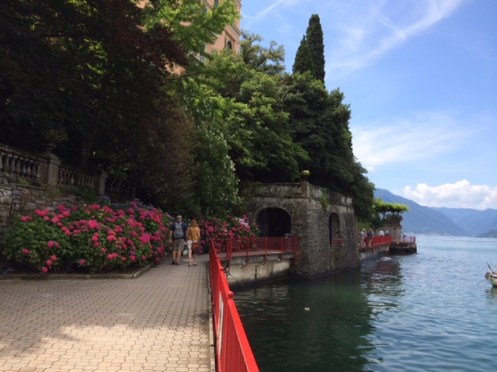Chinese Internet Censorship
Since starting this WordPress.com blog in early 2012, I have welcomed visitors from a multitude of countries, including Azerbaijan, Botswana, Mauritius and Guernsey (Yes Guernsey is a country according to WordPress). I am still waiting for the first intrepid Beninese and Togolese explorers to discover my blog, and to date there have been no visits from North Korea – perhaps not surprising considering the Internet is merely a rumour for much of the country’s population.
There has yet to be a single visitor from the People’s Republic of China (Population: 1.366 billion, 19% of World’s population). This probably has something to do with the fact that WordPress.com is usually blocked in China. Other popular websites that are blocked in China include Twitter, Facebook, Xhamster (pornography website), and even The New York Times. The ban now also extends to beards, at least on public transport in Xinjiang, in the restless far west of the country.
Yesterday I spent some time perusing the Chinese Amazon website. I found a number of controversial books there, including Palahniuk’s anarchist work, Fight Club, and Bret Easton Ellis’s ultra-violent American Psycho. Chinese residents planning to buy a copy of the Dalai Lama’s autobiography will be left disappointed, as will any Chinese Brad Pitt fans hoping to get the DVD of Seven Years In Tibet.
I even found my humorous tale of the unexpected, Charles Middleworth. There was no sign of my latest book, the satirical, black comedy, Necropolis. Perhaps I would be flattering myself if I were to think Necropolis has raised the ire of the Chinese censors, but at any rate any hopes I harboured of Necropolis becoming a 21st Century Little Red Book have had to be put on hold for now.
Last night lying in bed, unable to get to sleep, I took to thinking about what English language search terms I might think twice about entering into a search engine, if I was a Chinese resident. I came up with these:
#OrganHarvesting #FreeTibet #UighurDissident #FalunGong
#FoodScandal #DalaiLama #XinjiangRiots #BearBile
Were you to search for these terms in China, you might well be looking over your shoulder whilst travelling clean-shaven on a public bus, or munching on an expired Big Mac at McDonalds.







































